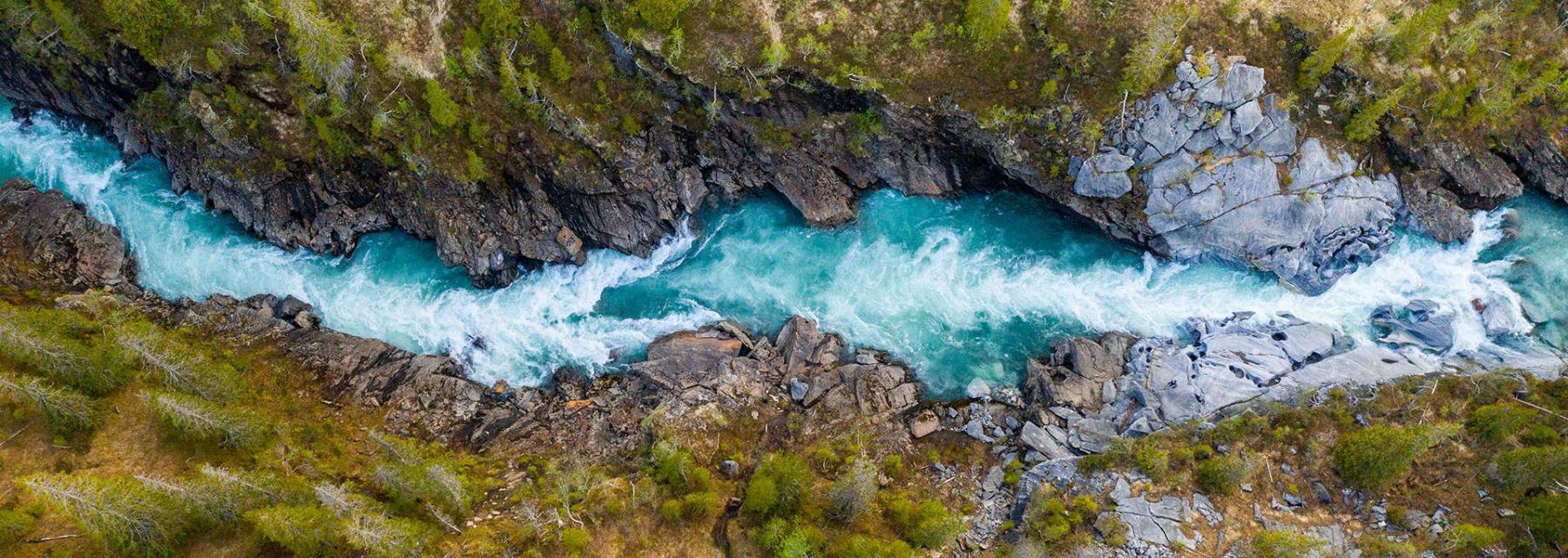
Earth Day Ocean Clean Up
by Tonya Page
In this lesson, students will collaborate to design and engineer a product to contain and clean up an oil spill while saving the affected wildlife. They will also accurately complete an itemized receipt. Then, students write a multi-paragraph passage communicating their oil spill cleanup experience, struggles and man-made effects on the environment. This real-world problem-solving lesson allows students to develop a deeper understanding of issues that impact wildlife and how to create solutions.
Lesson Grade Level
6th GradeLesson Plan Link/URL
https://docs.google.com/presentation/d/16xta17SeZx_NjfC4LXv6pYKWPKZ-wYI8/edit?u…Subject Area
Science Physical Science P1: Matter Life Science L2: Organisms & Energy Engineering S1: Engineering & Global Society S2: Apply the Engineering Design Process S3: Apply Mathematics to Engineering S4: Apply Science to Engineering S6: Apply Communications to Engineering S7: Apply Project Management to Engineering Mathematics Operations and Algebraic Thinking (OA) Number and Operations in Base Ten (NBT) The Number System (NS) English Language Arts (ELA) Reading (Informational Text) Writing Speaking & Listening
Featured
Off
Related Content

Grades:
7th Grade, 8th Grade, 9th Grade, 10th Grade, 11th Grade, 12th Grade
This lesson is a whole unit on energy. It can be broken up into 10 separate lessons. I chose to put them all together so that it was easier to see how I organized them so you did not have to search

Grades:
2nd Grade, 3rd Grade
Students will research a biome around the world, including 3 animals, 3 plants, and 3 nonliving parts of the ecosystem. Students will construct a diorama of the biome and illustrate a natural disaster

Grades:
9th Grade, 10th Grade, 11th Grade, 12th Grade
This STEM Argumentative Research Project engages students in exploring the scientific, ethical, and societal implications of themes in Mary Shelley's "Frankenstein." Students will work in groups to